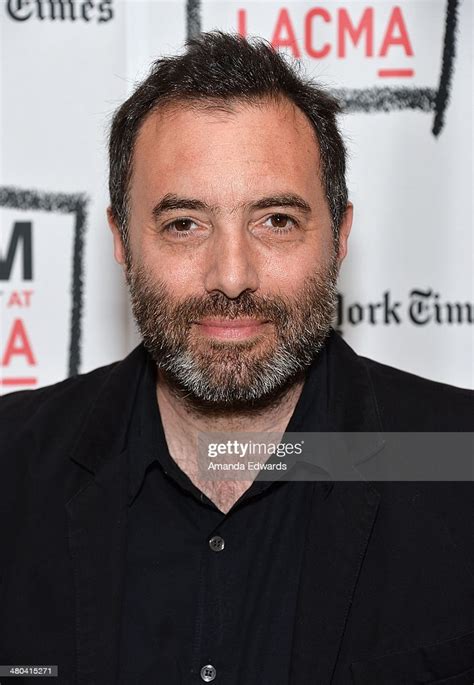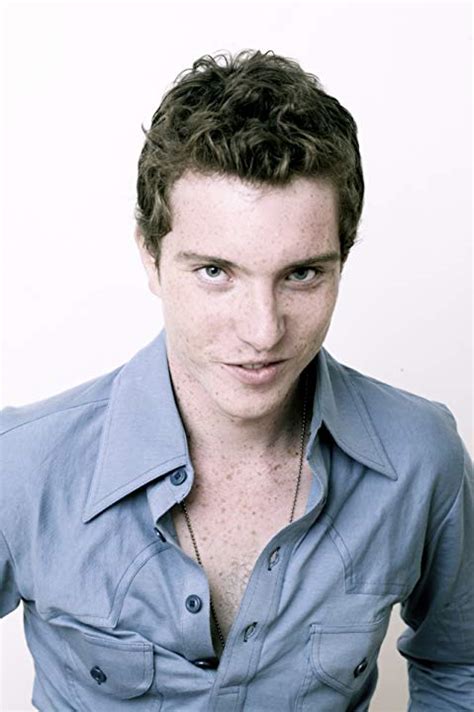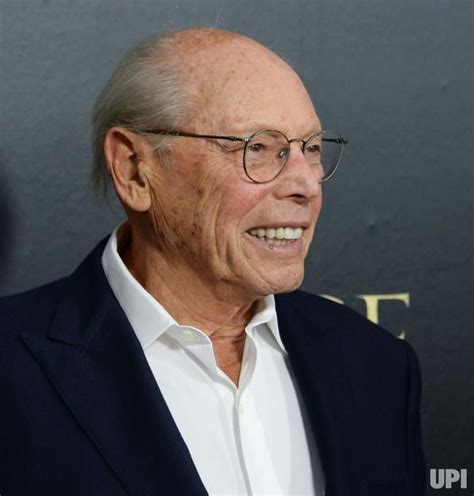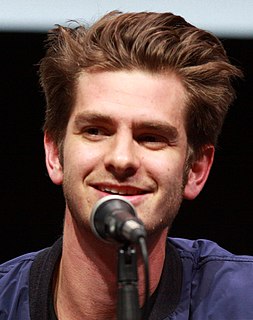A Quote by Xavier Dolan
The scene of independent cinema is already a large scene in America, and not in a negative way, but it's cluttered. It's very populated with just American films, so the room left for foreign movies is not extremely vast. The American public also does not really read. They don't read subtitles. But we're like that in Canada, too.
Related Quotes
I really like the Chris-R scene and of course the "you are tearing me apart Lisa" scene. The reason I love the Chris-R scene is because we worked really hard to finish it. It's not just that though, it brings people together. Everyone is one the roof together by the end of the scene. You see the perspectives of the different characters. I feel like with all the connections in this scene that the room connects the entire world
Whether it's one scene or 15 scenes in a film, whether it's the lead or a cameo part, if I don't find it interesting, I tend not to do it. You never really know what it is. It could be a one-scene part. I remember I read the one scene in Crash and was asked to do it. I was like, "Absolutely!" There's no formula for how something has to be. I always try to keep it that way.
I read in a newspaper that I was to be received with all the honors customarily rendered to a foreign ruler. I am grateful for the honors; but something within me rebelled at that word 'foreign'. I say this because when I have been in Canada, I have never heard a Canadian refer to an American as a 'foreigner'. He is just an 'American'. And, in the same way, in the United States, Canadians are not 'foreigners', they are 'Canadians'. That simple little distinction illustrates to me better than anything else the relationship between our two countries.
Making movies in France is different, but it's still acting, you know. You still have doubts and you're scared, always, but I really love doing films in America, because I love to speak English. But I think there's something very entertaining about American films. But I also like the intimacy of French films.
When I met Bob Dylan, I was definitely impressed. This guy had come from the American folk world, but he was very schooled in poetry, too. He'd studied the Beat poets, of course. I grew up in the British bohemian scene. Dylan grew up in the American bohemian scene. So I was very pleased to meet such a guy.




































